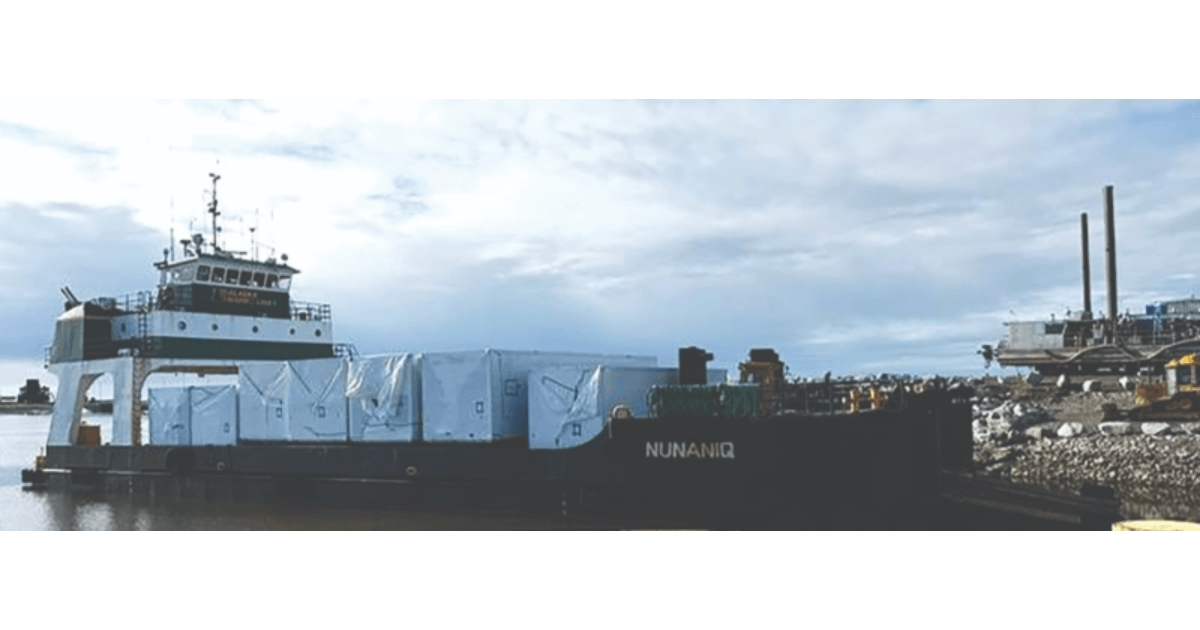Topics from this blog: Bering Marine Corporation Lynden Alaska Marine Trucking Alaska West Express Alaska Lynden Logistics Project Logistics Ground Multi-Modal Ocean International Construction AML Featured
We are looking for motivated, talented, and career-oriented individuals in a variety of positions.


